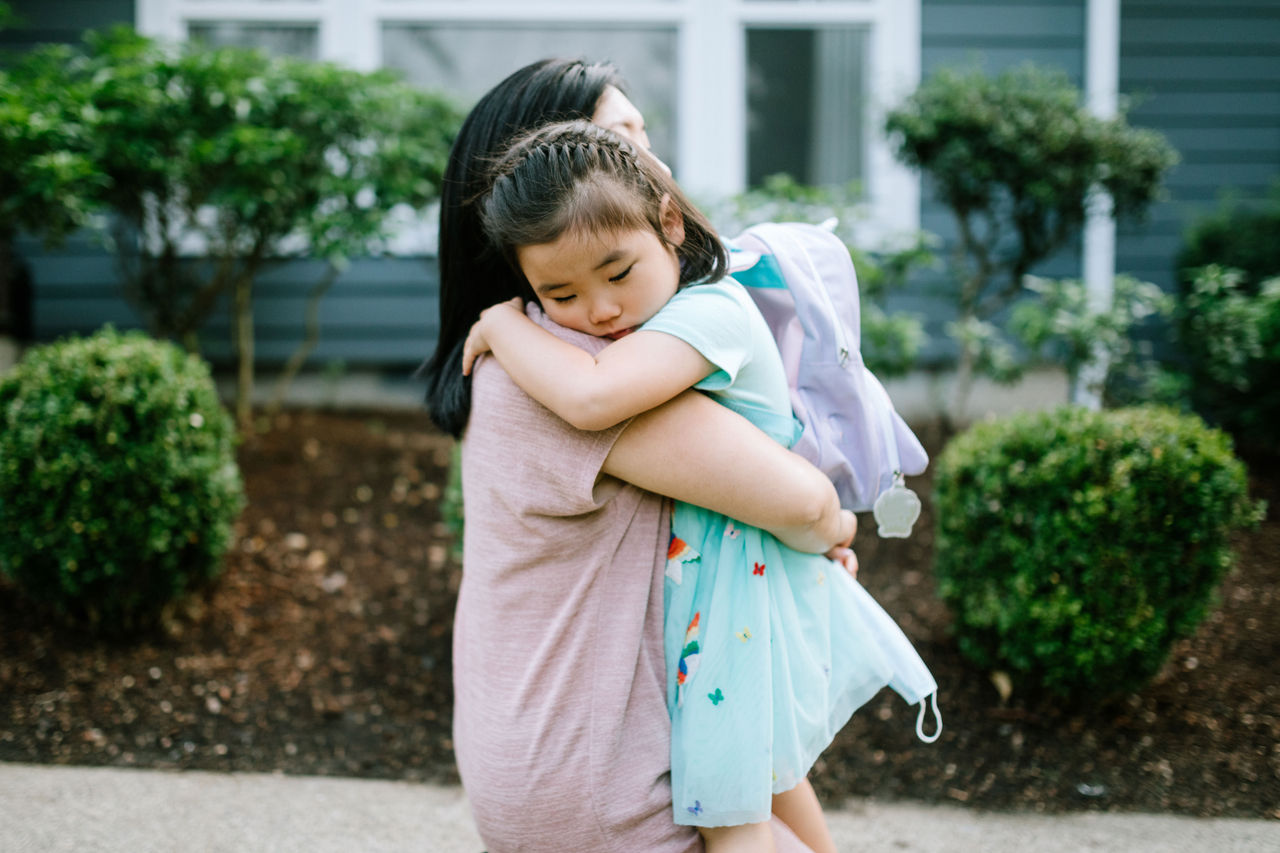Recently we shared some examples of what to look for if you think your child may be struggling with their mental health. But what can you do to help your child? Dr. Jack Maypole, Clinical Associate Professor of Pediatrics at Boston University School of Medicine and Educational Advisory Board Member, provides a good starting point for parents looking to help support their children:
Begin by acknowledging your child’s feelings of stress or frustration. Avoid pretending nothing is happening and do not minimize the situation. What may seem silly to an adult can truly feel like the end of the world for a child.
Show your child how you cope with stressful or anxious situations. Describe your emotions and teach them to learn to describe theirs. Best as you can model how you calm down by taking deep breaths or going out for a walk. Ask your child for ideas, too.
Sometimes children need to get out excess energy, so think about physical ways children can safely express their emotions like stomping feet, jumping up and down or punching a pillow, which will help with aggressive or anxious feelings.
Keep to predictable routines for eating, bedtime, etc. Routines help children anticipate their day, which is comforting and predictable. Regular bedtime rituals, including storytime, can support improving sleep patterns.
Find time for fun! Put down the screens and let your child plan something fun for you to do together or with friends. Get outside, and let loose the zoomies. For little ones, bring out old toys they haven’t played with for a while or make a new game to play.
If things do not seem to improve, seek professional help. A great place to start is talking with your child’s teachers or pediatrician.
Parents know their children best. If you think that your child is struggling don’t be afraid to seek help. No matter what, you will leave with tools to help support yourself and your child through challenging behaviors. And remember, most often children need calm, caring and patience. Big emotions are scary, and children need to know that their parents or caregivers are in control and can “handle” any situation.
Additional resources:
- American Academy of Pediatrics: Feeling Overwhelmed with Parenting Demands?
- Mental Health America: Helping at Home: Tips for Parents




